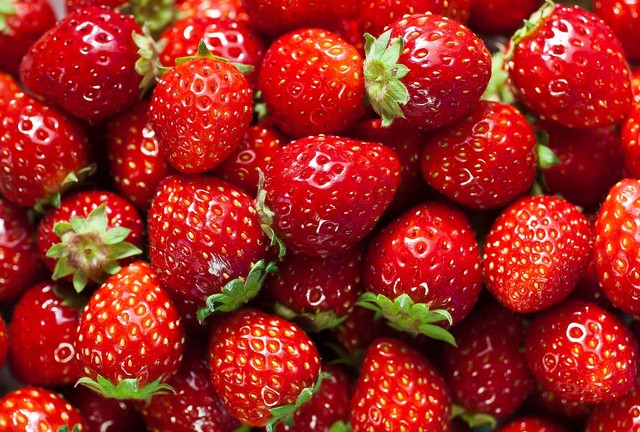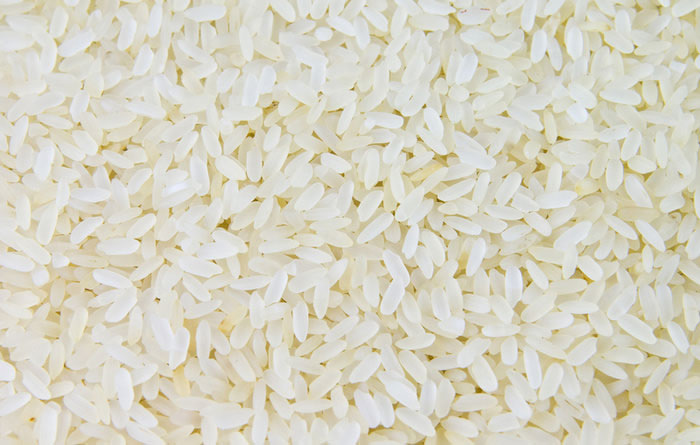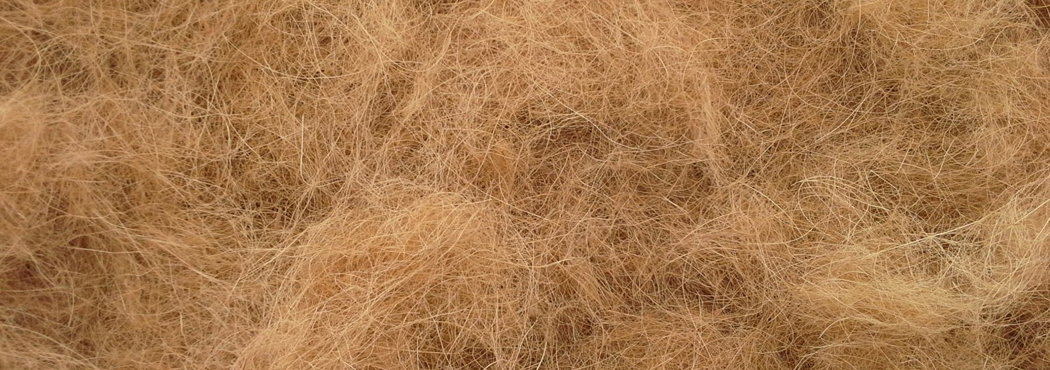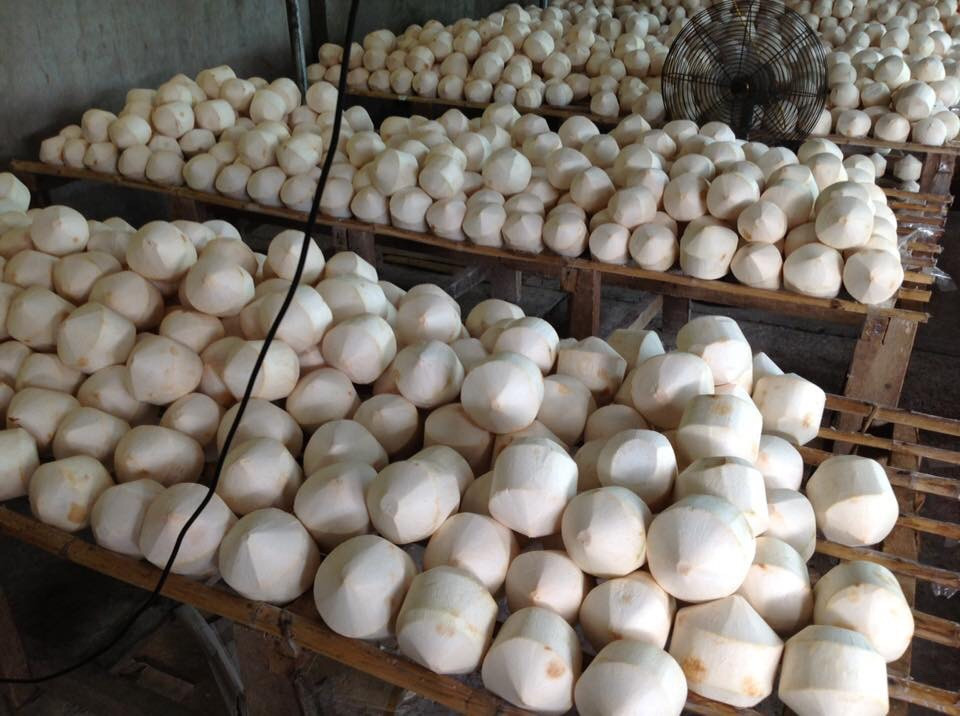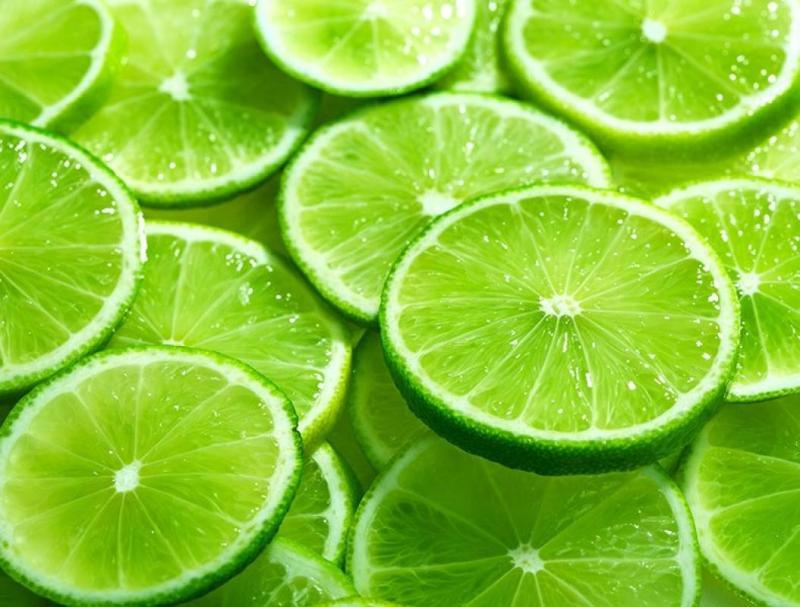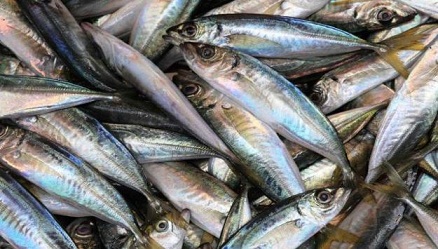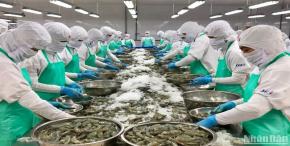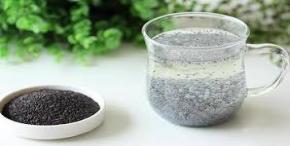News
Health information about saled duck eggs
Update: 2/23/2013

A salted duck egg is a preserved food product made by soaking duck eggs in brine, or packing each egg in damp, salted charcoal. In Asian supermarkets, these eggs are sometimes sold covered in a thick layer of salted charcoal paste.
The eggs may also be sold with the salted paste removed, wrapped in plastic, and vacuum packed. From the salt curing process, the salted duck eggs have a briny aroma, a very liquid egg white and a firm-textured, round yolk that is bright orange-red in colour.
Salted duck eggs are normally boiled or steamed before being peeled and eaten as a condiment to congee or cooked with other foods as a flavouring. The egg white has a sharp, salty taste. The orange red yolk is rich, fatty, and less salty.
The yolk is prized and is used in mooncakes to symbolize the moon. Despite its name, salted duck eggs can also be made from chicken eggs, though the taste and texture will be somewhat different, and the egg yolk will be less rich.
The yolk is prized and is used in mooncakes to symbolize the moon. Despite its name, salted duck eggs can also be made from chicken eggs, though the taste and texture will be somewhat different, and the egg yolk will be less rich.
Salted eggs sold in the Philippines undergo a similar curing process, with some variation in ingredients used. They are dyed red to distinguish them from fresh duck eggs.
Cholesterol content
According to the Health Promotion Board of Singapore, one salted duck egg yolk weighing about 70 g contains 359 mg of cholesterol. The recommended cholesterol intake for a healthy diet should be less than 300 mg a day.
A single salted egg yolk exceeds the recommended cholesterol intake, and if eaten regularly, there might be a greater risk of elevating blood cholesterol level.
However, there has been recent controversy among health experts, some of whom have changed their position to de-emphasize the importance of dietary cholesterol on blood cholesterol levels, in light of the large degree of self-regulation of dietary and blood cholesterol played by the liver, and the notion that blood cholesterol is a good but imperfect indicator rather than a causative factor of cardiovascular issues.
Source: http://en.wikipedia.org
For more informatio click here
Cholesterol content
According to the Health Promotion Board of Singapore, one salted duck egg yolk weighing about 70 g contains 359 mg of cholesterol. The recommended cholesterol intake for a healthy diet should be less than 300 mg a day.
A single salted egg yolk exceeds the recommended cholesterol intake, and if eaten regularly, there might be a greater risk of elevating blood cholesterol level.
However, there has been recent controversy among health experts, some of whom have changed their position to de-emphasize the importance of dietary cholesterol on blood cholesterol levels, in light of the large degree of self-regulation of dietary and blood cholesterol played by the liver, and the notion that blood cholesterol is a good but imperfect indicator rather than a causative factor of cardiovascular issues.
Source: http://en.wikipedia.org
For more informatio click here

